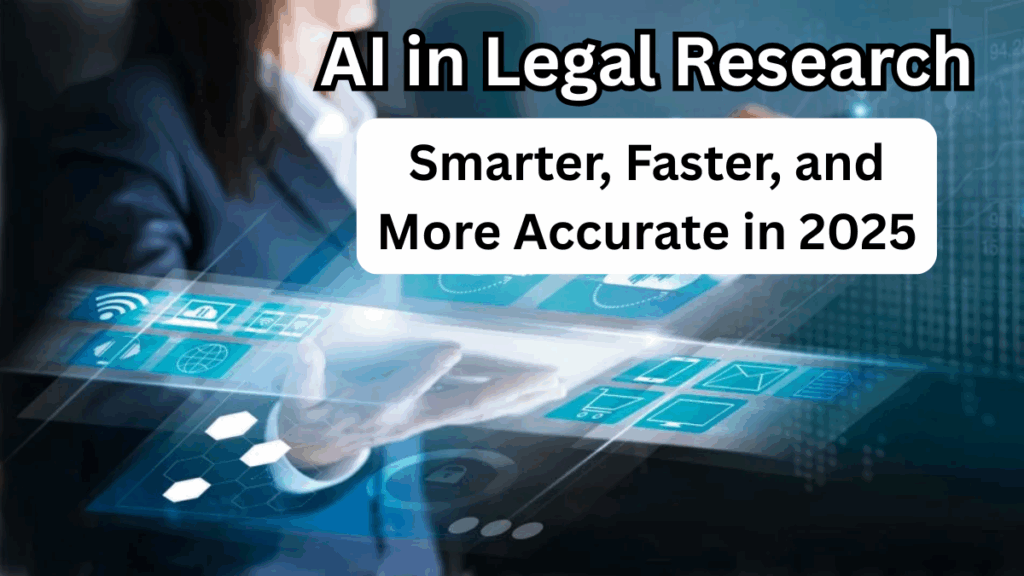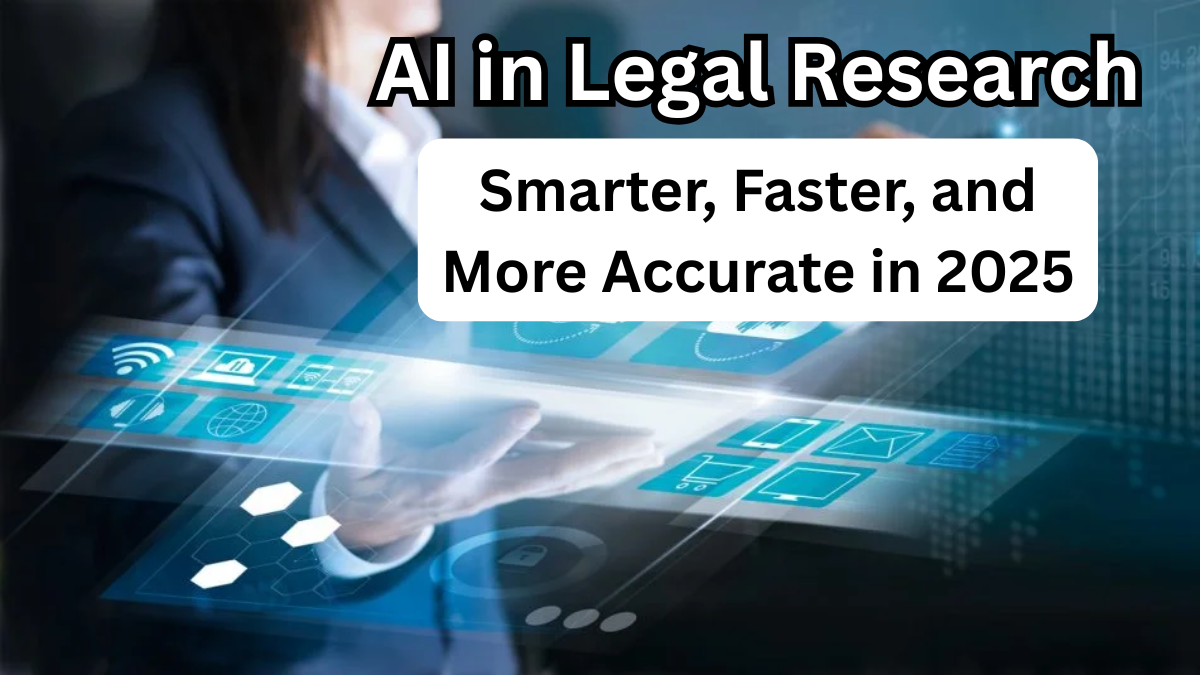The legal world is witnessing a transformative wave thanks to the rise of artificial intelligence (AI). Among the most exciting developments is the use of AI Legal Advisory Tools in Smart Contract Drafting. These technologies are redefining how legal consultants work, making processes faster, more accurate, and cost-effective.

The Role of AI in Modern Legal Consultancy
Traditionally, legal consultancy involved hours of manual research, drafting, and reviewing contracts. AI is now stepping in to handle repetitive tasks, allowing legal professionals to focus on strategic decision-making.
Key impacts include:
-
Faster Drafting: AI-powered tools can generate preliminary contract drafts in minutes.
-
Enhanced Accuracy: By analyzing vast amounts of legal data, AI reduces human error.
-
Cost Efficiency: Automating routine tasks lowers operational costs for both law firms and clients.
-
Predictive Insights: AI can identify potential risks and suggest optimized clauses.
Smart Contract Drafting: A Game Changer
Smart contracts—self-executing contracts with the terms written directly into code—are gaining traction in industries like finance, real estate, and supply chain. Combining them with AI transforms the drafting process entirely.
Benefits of AI in Smart Contract Drafting:
| Feature | Traditional Drafting | AI-Powered Drafting |
|---|---|---|
| Speed | Days | Minutes |
| Accuracy | Prone to human errors | Highly accurate |
| Risk Detection | Limited | Advanced predictive analytics |
| Customization | Manual adjustments | Automated clause recommendations |
| Cost | High | Reduced significantly |
With AI Legal Advisory Tools, legal teams can draft smart contracts tailored to specific business needs while ensuring compliance with regulations.
How AI Legal Advisory Tools Work
AI platforms for legal consultancy utilize natural language processing (NLP) and machine learning algorithms to understand, draft, and analyze contracts. Here’s a simplified workflow:
-
Input Contract Requirements: Lawyers or clients provide key details.
-
AI Drafts Contract: The system generates a preliminary draft based on predefined templates and regulations.
-
Analysis & Recommendations: AI highlights risks, missing clauses, or potential conflicts.
-
Final Review: Legal professionals review and finalize the contract.
This synergy of human expertise and AI efficiency ensures smarter contracts and reduces the likelihood of disputes.
Industries Benefiting from AI-Powered Smart Contract Drafting
AI in Smart Contract Drafting isn’t limited to legal firms. Several industries are witnessing its impact:
-
Finance & Banking: Automated loan agreements and compliance contracts.
-
Real Estate: Lease agreements and property sales contracts.
-
Supply Chain: Contracts for procurement, logistics, and vendor management.
-
Healthcare: Data-sharing agreements and insurance contracts.
Future of Legal Consultancy with AI
The integration of AI into legal consultancy is still evolving. Experts predict:
-
Broader adoption of AI Legal Advisory Tools across small and mid-sized firms.
-
Increased reliance on AI for predictive contract analytics.
-
Greater collaboration between AI systems and human lawyers for complex cases.
AI is not replacing legal professionals—it’s enhancing their capabilities, making legal advisory more proactive and data-driven.
FAQs About AI Legal Advisory Tools and Smart Contract Drafting
1. What are AI Legal Advisory Tools?
AI Legal Advisory Tools are software platforms that assist lawyers and legal consultants in drafting, reviewing, and analyzing contracts using artificial intelligence and machine learning.
2. How does AI improve Smart Contract Drafting?
AI streamlines drafting by generating contract templates, identifying risks, and suggesting optimized clauses, reducing errors and speeding up the process.
3. Can small law firms benefit from AI Legal Advisory Tools?
Absolutely. These tools reduce operational costs, improve accuracy, and allow smaller teams to handle more complex cases efficiently.
4. Are AI-generated contracts legally binding?
Yes. Contracts drafted with AI are legally valid once reviewed and approved by licensed legal professionals. AI assists in drafting but human verification ensures compliance and enforceability.
Click here to learn more
